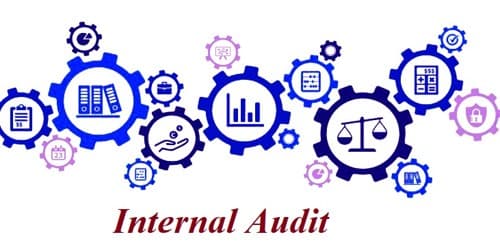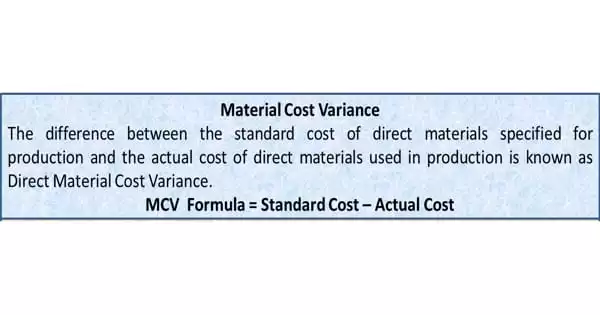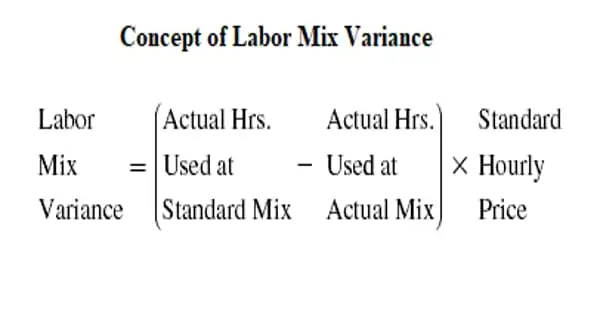Internal audit is an independent, objective assurance and consulting activity designed to add value and improve an organization’s operations. It provides independent assurance that an organization’s risk management and internal control processes are operating effectively. hey ensure compliance with laws and regulations and help to maintain accurate and timely financial reporting and data collection.
Objectives of Internal Audit
The objectives of the internal audit can be summarized as follows:
- To establish the areas of risk in the area being audited;
- To verify the correctness, accuracy, and authenticity of the financial accounting and statistical records presented to the management;
- To establish the controls in place to address those risks and review their adequacy;
- To confirm that the liabilities have been incurred by the organization with respect to its valid and legitimate activities;
- To check whether the University’s financial regulations are being followed;
- To comment on the effectiveness of the internal control system and the internal check system in force and to suggest ways and means improve these systems;
- To facilitate the early detection and prevention of frauds;
- To carry out detailed testing of the controls being relied on;
- To examine the protection afforded to the company’s assets and use of them for business purpose;
- To make recommendations where weaknesses or inefficiencies are observed;
- To identify the authorities responsible for purchasing assets and other items as well as disposal of assets;
- To ensure that all transactions are authorized and approved by a responsible associate before that transaction is recorded;
- To ensure that the standard accounting practices which have to be followed by the organization are strictly followed.
- To ensure that your transactions have been entered correctly and in a timely manner;
- To undertake a special investigation for the management;
- To ensure that when errors are discovered management is notified and the errors are corrected in a timely manner;
- To assist management in achieving the most efficient administration of the operation by establishing procedures by complying with the company’s operating policies.
Information Source:
















